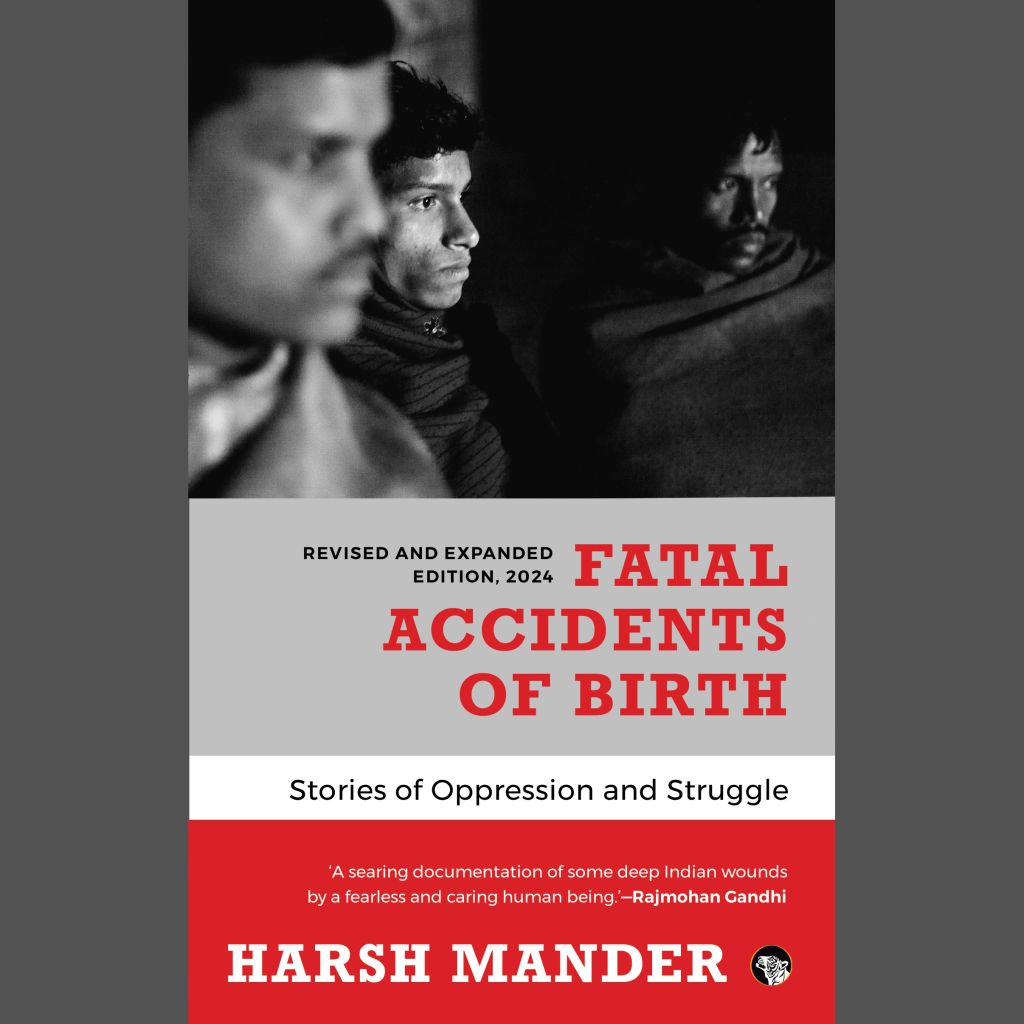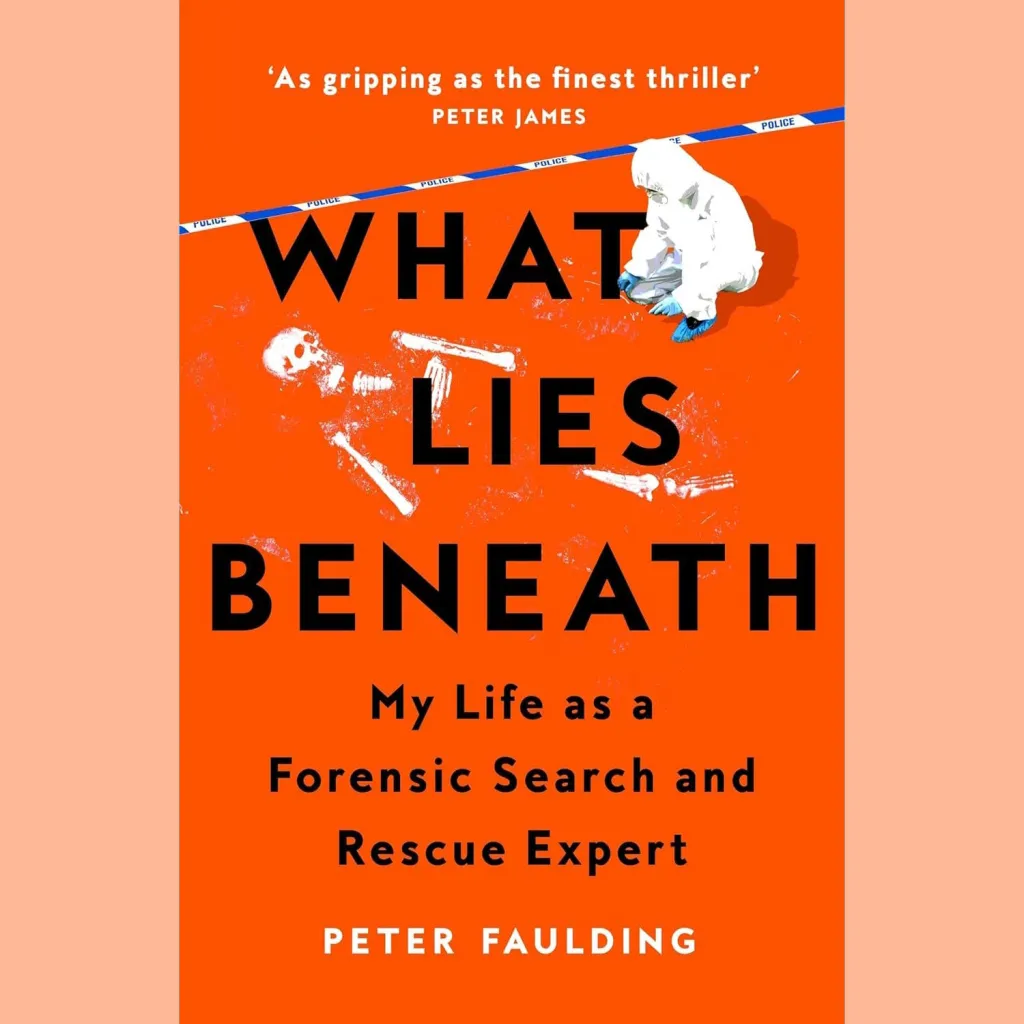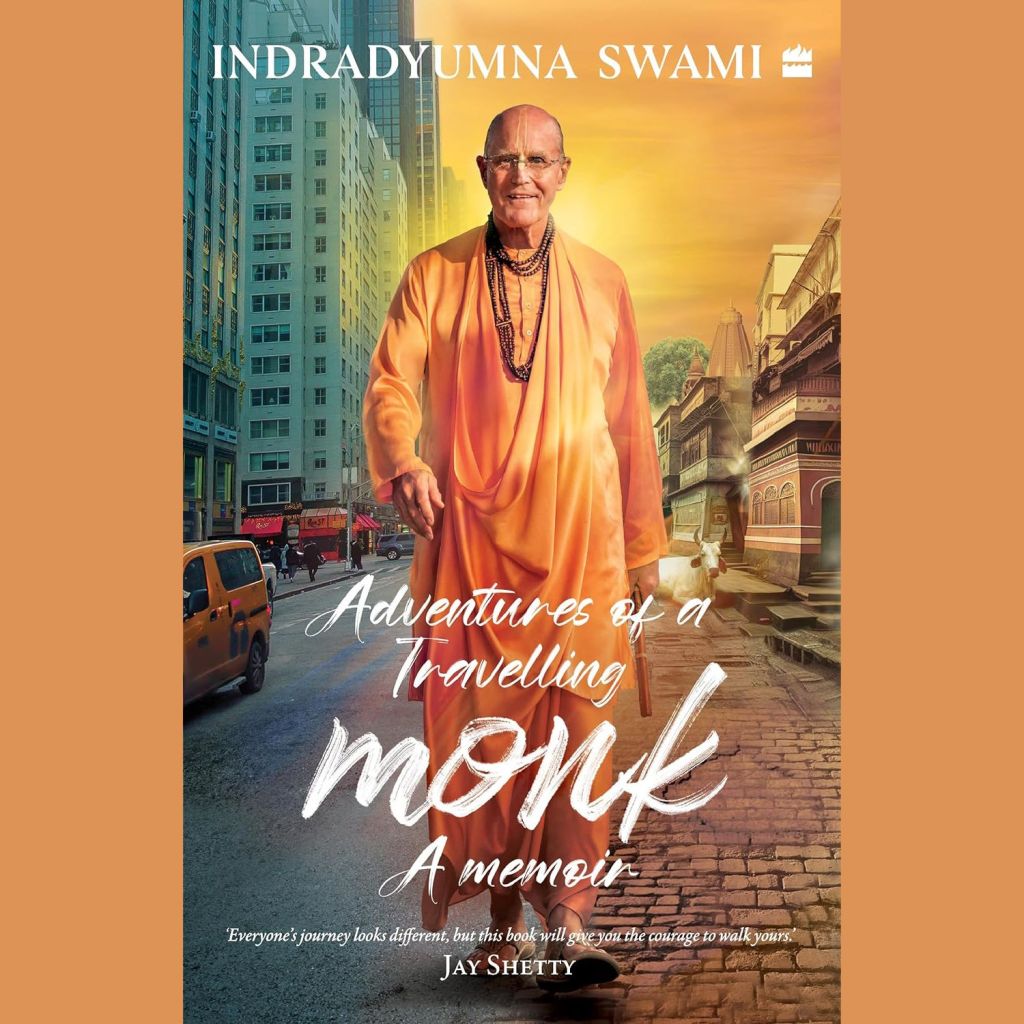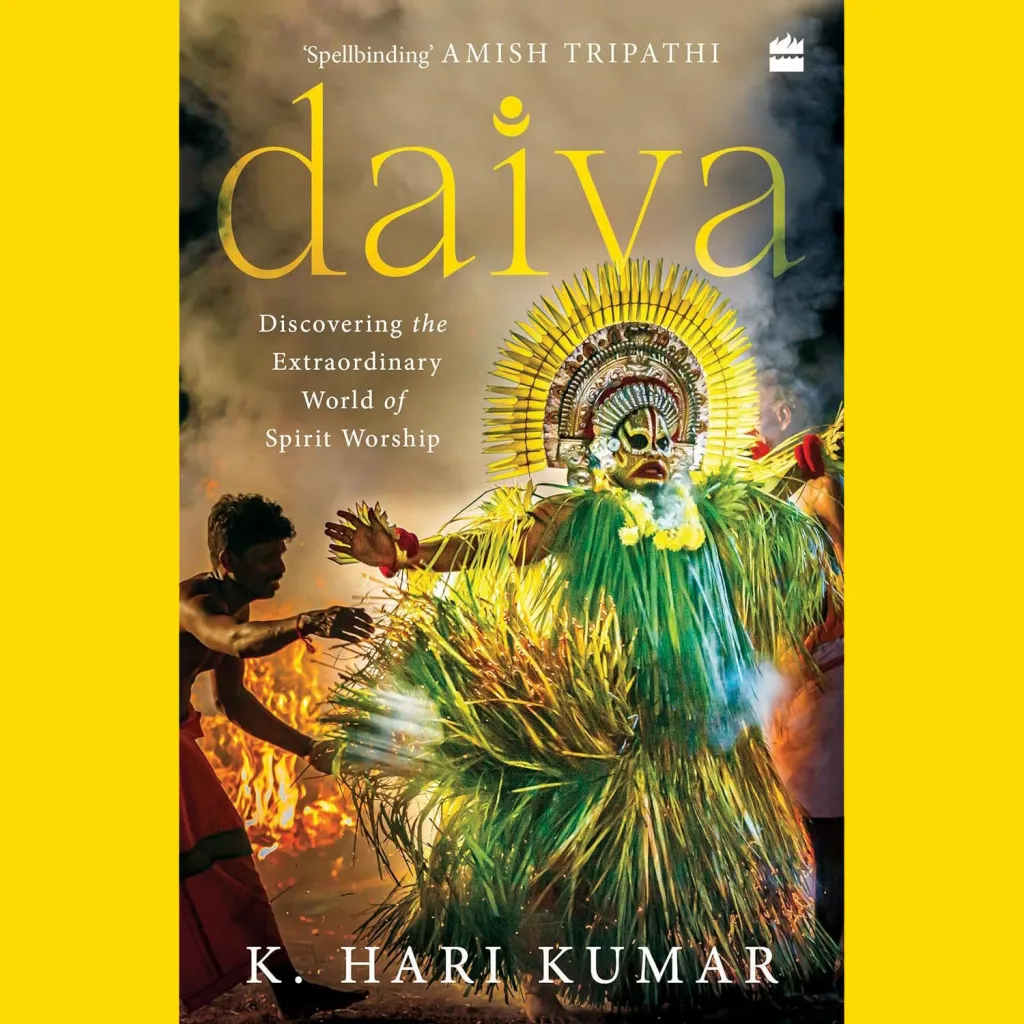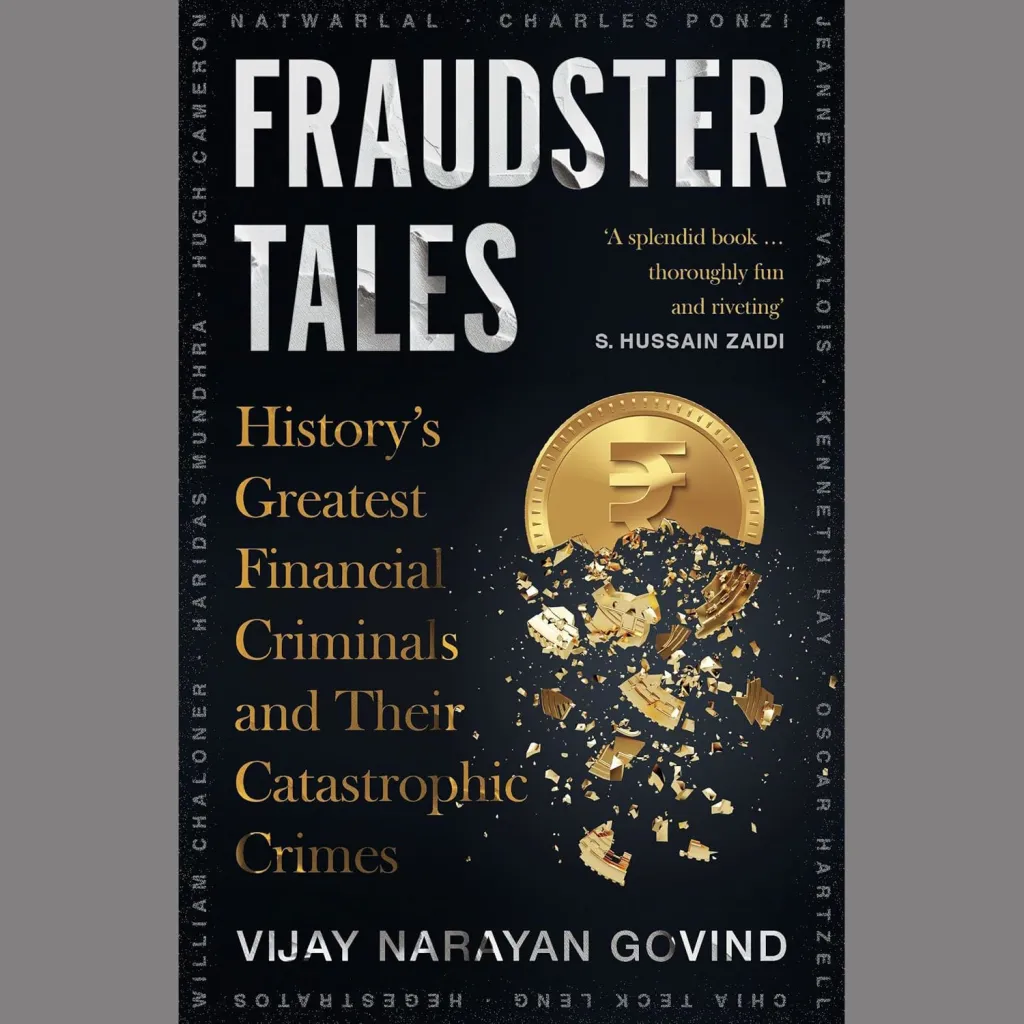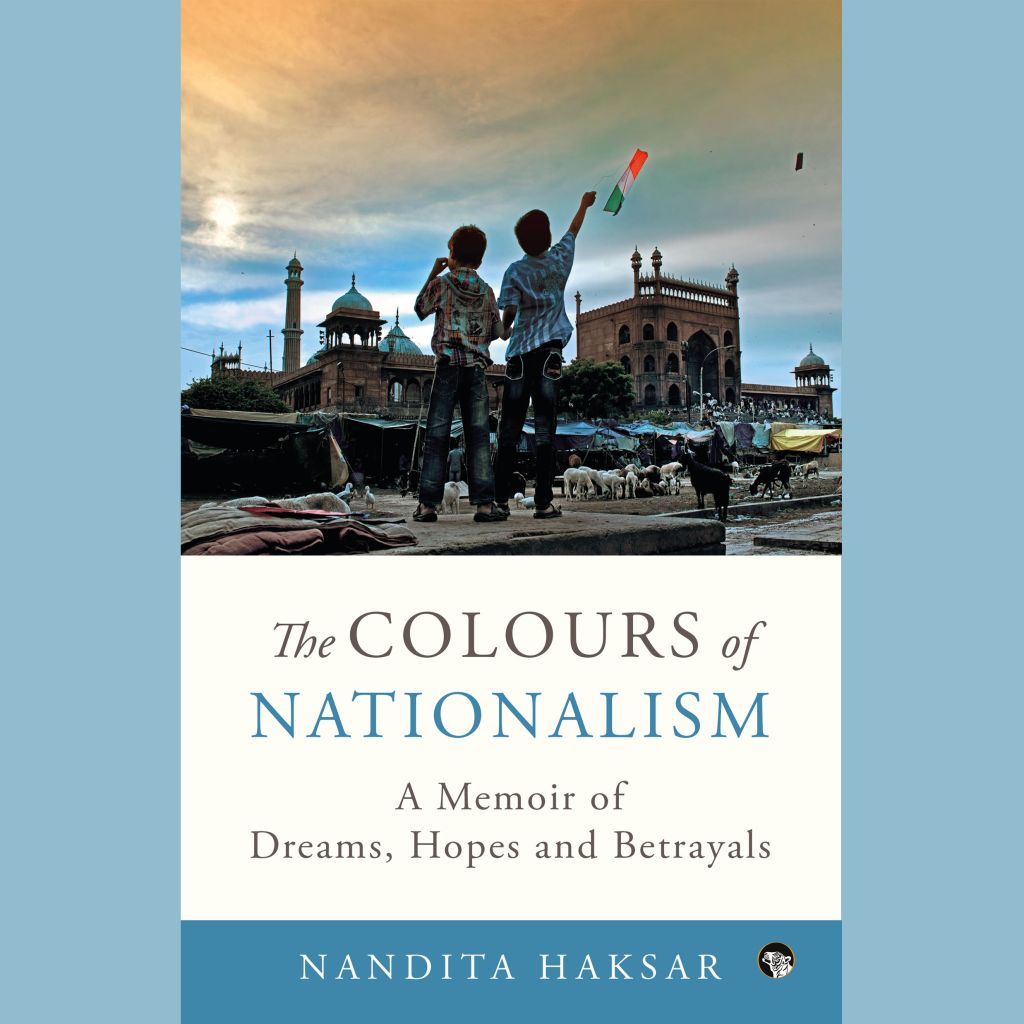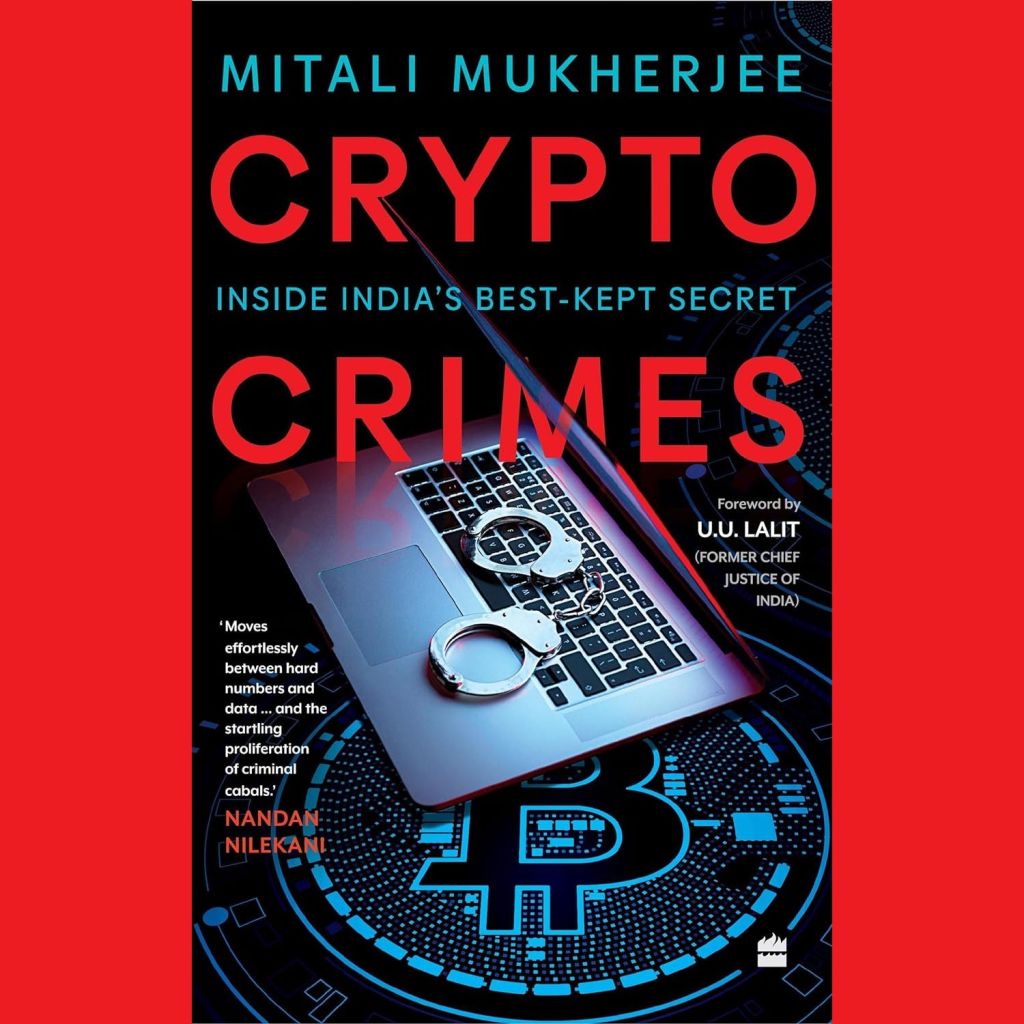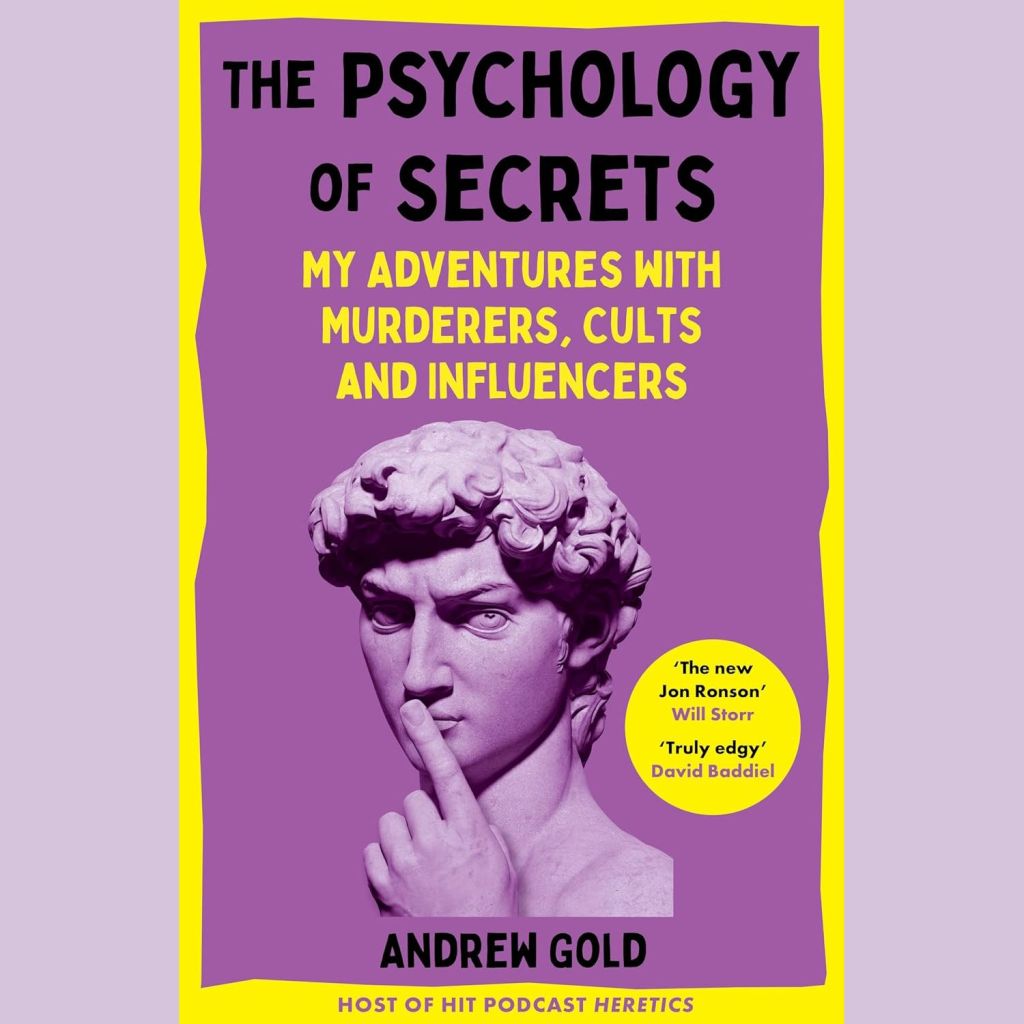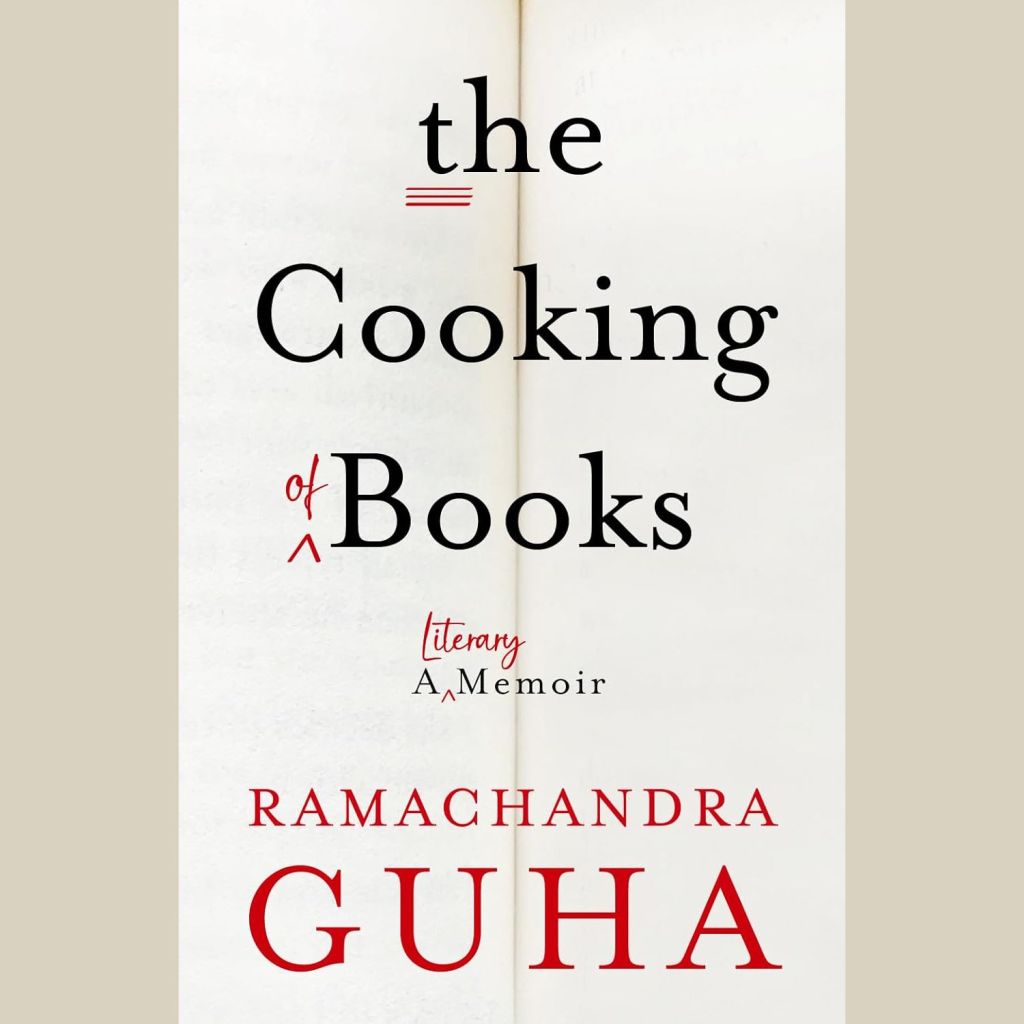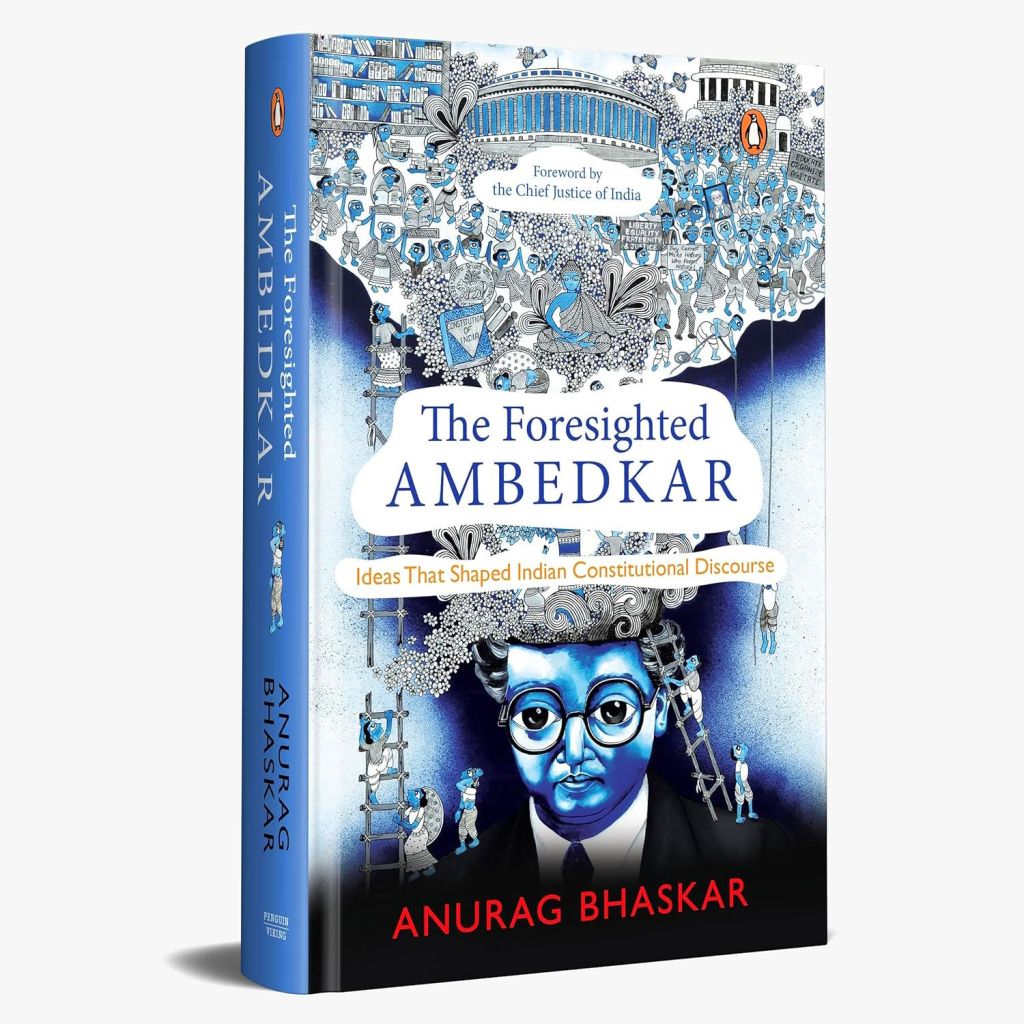Based in Calcutta, Sayan Chattopadhyay is a PhD scholar at Adamas University, with a rather unusual set of research areas, including science-fiction, dystopian studies, apocalyptic and post-apocalyptic studies and posthumanism. One of his recent papers on the politics behind superhero costumes has been selected for presentation at an international conference by the University of New England, Australia. We caught up with Sayan for a quick chat on his love for sci-fi, the genesis of Bengali sci-fi and its impact on a global scale, his thoughts on Indian vs Western sci-fi writing, superhero costumes, and some of his favourite books and authors in the sci-fi genre.
Tell us about your deep interest in science-fiction. How did you get started with reading sci-fi? Which books and authors inspired your love for science-fiction?
Comics like Tintin and Asterix were a very big part of my childhood. Later, I started reading books which were not ‘comics’ and came across authors like Rebanta Goswami, Arthur C. Clarke, H.G. Wells and most importantly Satyajit Ray. Eventually I came to know that this genre, which dealt with the development of technology, dystopias and inter-galactic adventures was called science-fiction. Some books that helped me fall in love with this genre and eventually inspired me to take up research in this field are Shobuj Manush (or The Green Men) by Premendra Mitra, Adrish Bardhan, Dilip Raychowdhury and Satyajit Ray, the latter’s stories of Professor Shonku, and Philip K. Dick’s Do Androids Dreams of Electric Sheep.
Did comics play a major role in building up your love for sci-fi? In this day and age of smartphones, do you think comics are still as relevant today as they were a few decades ago?
Certainly, comics had a major role in building up my interest in sci-fi. I was and still am a die-hard reader of Avengers and Justice League comics, which cost just Rs 15 each back in the day – I used to save from my monthly pocket money to buy these and still pester my mother to buy more for me. What I loved about these comics back then was the futuristic aspects – the superpowers, the inter-galactic conflicts, and the advanced weapons. My taste in comics has changed now, probably the reasons to read too, but yes, I do enjoy reading comics on a daily basis even now.
Regarding relevance, I think comics were always considered trivial stuff. Today, the biggest fan base is the crowd that loves Marvel or DC movies. Yes, this is the age of smartphones but comics have also adapted and are now available in e-reading formats. I myself read comics on my tablet, through Marvel, DC and other apps. Accessibility is what’s important and these apps have helped make comics more accessible.
Tell us about the research that you have undertaken for your PhD? You say that science-fiction is turning into a ground for political commentary. How is that? And in this context, where does Satyajit Ray’s Professor Shonku fit in?
My research pertains to how we can study any given contemporary political background by studying science-fiction texts. And based on my study, I believe that sci-fi turning into a ground for political commentary is not just a recent phenomenon – it has always been that way. Right from the time when the sci-fi genre started, the issues it addressed have been political in nature. In the 1960s, when the global space race kicked off, we had comics revolving around exploring and conquering space and establishing scientific (and consequently political) supremacy over rivals.
Regarding Satyajit Ray’s Professor Shonku, Bengali sci-fi has been around for decades but is nowhere to be seen in the global sci-fi arena. Certain Bengali sci-fi stories were some of the first sci-fi stories, globally, to even exist and discussed issues like feminism and cosmopolitanism, which are relevant today. Despite this, Bengali sci-fi hasn’t been able to make a mark on the global scene.
My thesis explores these ideas by studying the adventures of Shonku, not just because it’s brilliantly Bengali and has been recently translated into English for the world to read, but also because this is by Satyajit Ray, whose intellectual capabilities gave birth to some global scenarios, both cherished and critiqued internationally. Not getting into the controversy surrounding Steven Spielberg’s E.T. The Extra-Terrestrial and Ray’s The Alien [you can read about it here].

What was your research paper on superhero costumes all about? Does it also have any cultural references to the superhero costumes that one may find in Indian comic books and/or Indian superhero films?
My paper on superhero costumes questions the very reason behind the existence of that costume, and its importance. There’s a lot of research work available on superheroes, their superpowers and even their super-pets, but not on the costumes they wear. In my paper, I’ve tried studying the politics, colours and symbols found on superhero costumes. Why do Superman, Spiderman, Captain America and many other superheroes from Marvel, DC, Dark Horse, always wear red and blue? What’s the significance of black costumes and how culturally or politically relevant the colour was in the country’s history? Why Western superheroes are always portrayed in fancy modern costumes and why superheroes from Eastern countries and the Middle East were portrayed in stereotypical Westernised costumes? I have tried to find answers to those questions in my research paper.
Yes, there are also many cultural references to the costumes of Indian superheroes. Let’s say, the maroon dress of Shaktiman or the 12-armed star as a symbol in Shaktiman’s costume, or even the similarities between the costumes of Shazam and Shaktiman. The sage-like costume of the character Sadhu, or the symbols in Parmanu’s costume. There is a lot to study in this area I believe, but to find out more, you need to attend my conference in April this year, which is being organised by the University of New England, where I’ll talk about it in more detail. You can follow me on LinkedIn to get more updates on this.
How would you compare science-fiction from Western authors to science-fiction written by Bengali and/or other Indian authors? What are the biggest differences, both in terms of technological references and the political/cultural subtext?
The disadvantage Bengali sci-fi had for decades was the issue of its translation [into English] and circulation amongst the global sci-fi fanbase. Bengal had some prolific sci-fi writers like Jagadish Chandra Bose, Adrish Bardhan, Rebanta Goswami, Leela Majumdar, Rokeya Hossain, etc. But the problem was they wrote entirely in Bengali. It was Satyajit Ray, who for the first time translated his sci-fi stories of Shonku for the world to read. Unfortunately, he couldn’t translate everything, and so eventually Indrani Majumdar in collaboration with Puffin Books took up this job. And I must say, after reading all three books in the collection, it’s been done beautifully. As of the West vs East, I believe the majority of Bengali and to some extent other Indian sci-fi could be categorised under ‘soft’ sci-fi, whereas Western stories are more ‘hard’ sci-fi in nature. Not all, but most. [According to one source, soft sci-fi is a genre that consists of scientific or futuristic elements, but does not delve deep into the technical details of the science. It puts more focus on psychology, society/culture, and politics. On the other hand, hard sci-fi deals with sciences such as math, physics, computer science, engineering, and chemistry.] Also, the characters’ sense of humour is quite different in Western and Eastern sci-fi. The political underlining is pretty much the same though.
I believe early sci-fi writers of Bengal, like J.C. Bose, Rebanta Goswami and Khitindra Narayan Bhattacharya haven’t got adequate recognition in the field globally. Their works are worth translating and they do deserve to be read at least once by any avid sci-fi reader. They were the ones who paved the way for authors like Adrish Bardhan and Satyait Ray eventually.
Would you like to name some of your most favourite books in the science-fiction genre? Favourite authors? Any favourite Indian authors?
Apart from popular classics like the Foundation series by Issac Asimov, Fahrenheit 451 by Ray Bradbury, and books by John Wyndham, I also cherished books like The Memory Police by Yoko Ogawa, Philip K. Dick’s Valis and The Penultimate Truth, Charles E. Maine’s The Tide Went Out and many more. The list is actually endless. In comics, one must read he adventures of Blake and Mortimer.
As for favourite authors, I’ve really enjoyed reading stories written by John Scalzi, Arthur C. Clarke, Adrian Tchaikovsky and Emily St. John Mandel. Among Indian sci-fi writers, Adrish Bardhan, Satyajit Ray and Manjula Padmanabhan for sure. They are real storytellers and their contribution to this field is enormous.
Apart from science-fiction, what other books do you like to read? Would you like to name some of the best, most memorable books that you have read in the last 1-2 years? Any books that are on your must-reads list for 2023?
Apart from science-fiction, I often find myself reading horror – specifically, short stories. This is probably the only genre apart from sci-fi that never gets old for me. I’ve been an avid reader of short stories and certain books that I’d like to mention are Darkness by Ratnakar Matkari, Ghost stories from Shimla Hills by Minakshi Chaudhury, Ruskin Bond’s Ghost Stories from the Raj, and stories by M.R. James, E.F. Benson.
For my 2023 reading list, I’ve books like Annihilation by Jeff VanderMeer, Invisible Planets by Ken Liu, and certain books by Stephen King.
Sayan’s paper on ‘The Rise of Virtual Assistants Beyond Science Fiction’ is available to read on Scribd. You can also follow him on Instagram
More Stories:
adventure advertising Apple astrology audiobooks Banaras best-of lists Bombay book marketing business Calcutta cheap reads cityscapes corporate culture crime design fiction food Hinduism hippies history India Japan journalism journalists libraries literary agents memoirs memories money Mumbai music my life with books Persian photojournalism publishers publishing religion science-fiction self-help technology travel trends Varanasi wishlists


